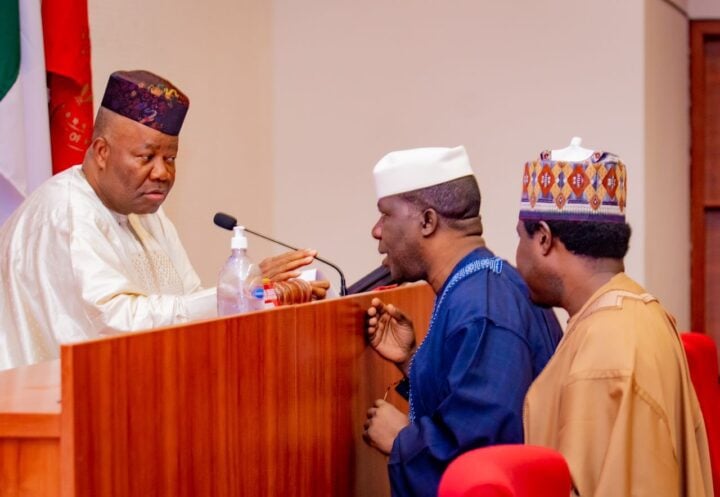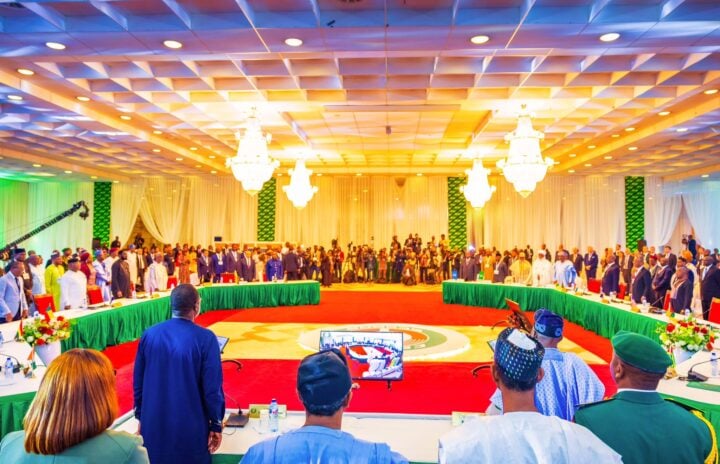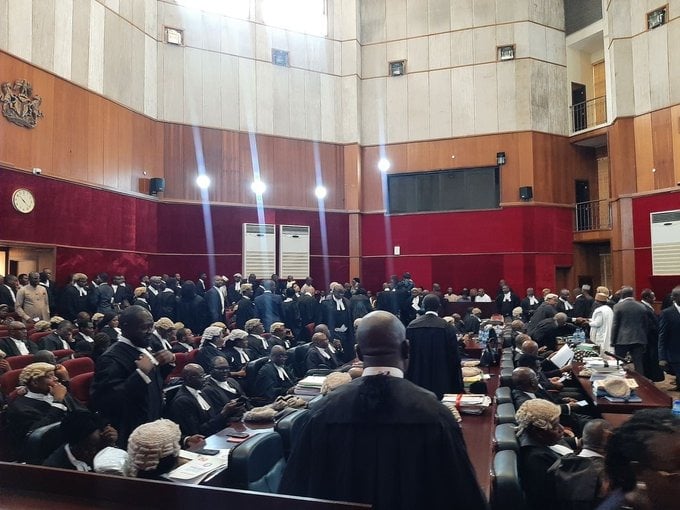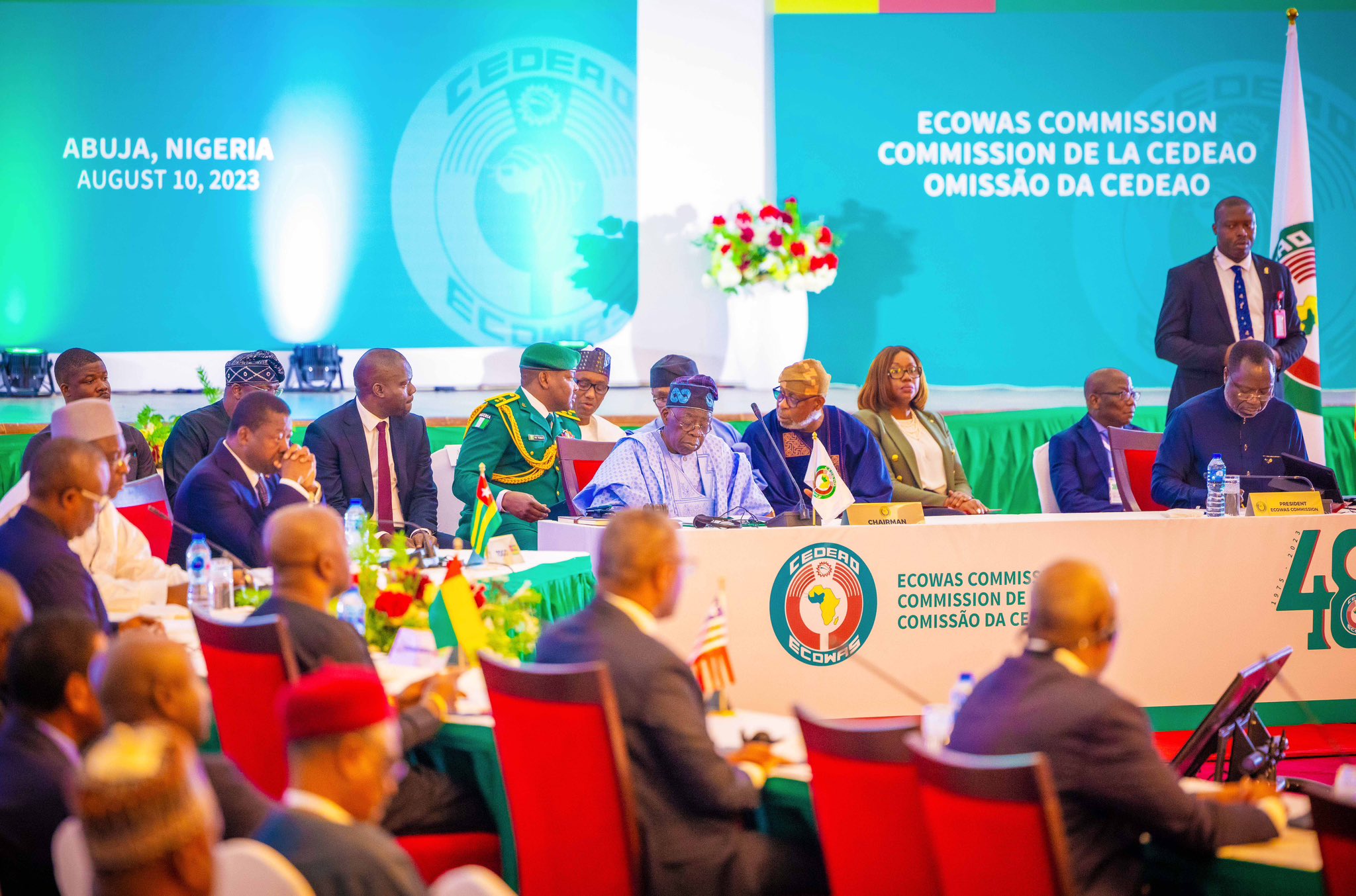At the recent screening of federal ministerial nominees by the Nigerian Senate, what became a common variable among most nominees, was the need for significant resource allocation to sectors where they have competence, for effective development outcomes. What many of the nominees did not do, or were asked, was to state precisely where the financial resources will come from given that 96.3% of national revenue is spent on debt servicing. This, therefore, highlights the urgent need for new revenue sources to enable realistic development in a country with 63% of its population or 133 million people living in multidimensional poverty.
While human resources and its outcomes are acknowledged as top finance and revenue earners globally, the realities of contemporary Nigeria are different, with manufacturing constituting 10.13% of gross domestic product (GDP), but only 3% of total revenues from exports. The oil and gas sector accounted for over 80% of government revenue and foreign exchange earnings, which means that Nigeria is largely a mono-product economy, and has little room for short-to-medium-term earnings from non-commodity sources. Nigeria earned over $40 billion from crude oil in 2021, but about $10 billion in non-crude earnings the same year, though petroleum contributes about 7% of GDP.
Nigeria is a mineral resource-endowed country, though poor management and structural limitations have been largely responsible for poor revenue optimisation. This influenced constitutional reforms for electricity and railways to be changed in May 2023 from the exclusive legislative list and preserve of the federal government under the 1999 constitution to the concurrent legislative list, with state governments now able to play active roles.
That petroleum earnings from nine oil-producing states out of 36 states constitute over 80% of government revenue and foreign exchange earnings and are the main revenue source for most of the other 27 states and federal capital territory (FCT) of Nigeria, explain the hyper-political sensitivity around the laws that govern mineral resources in Nigeria. Section 44 (3) of the 1999 constitution which states that minerals and other related assets are kept under the control of the government of the federation and managed according to the leading of the national assembly, effectively vests the federal government with the ownership and control of all minerals, oils and natural gas in Nigeria.
Advertisement
Also, the Second Schedule, Part 1, Item 39 of the exclusive list in the 1999 constitution has mines and minerals, including oil fields, oil mining, geological surveys and natural gas on the exclusive legislative list, which means that only the federal government and national assembly can commercially explore other non-oil mines and mineral resources for increased revenue. Therefore, only a constitutional amendment can open up the mines and minerals sector for state governments and greater investment participation. This has hampered the potential of states to earn derivation and other economic benefits from the other mineral resources in their states.
What then could be done to open up Nigeria’s mineral sector for quick revenue?
Development politics here conceptualized as an approach to politics in which government leaders adopt and implement essential policies for sustained economic development, especially in environments where political constraints inhibit the adoption of such policies by politicians with the best of intentions is a panacea.
Advertisement
Clearly, the hypersensitivity and political economy of petroleum in Nigeria is a constraint that development politics can resolve. Development politics, therefore, aims to desensitise issues around petroleum earnings so that a more beneficial regime of mineral resource management can hold sway. This is where the national assembly (NASS) comes in. Comprising 109 senators and 360 federal representatives from across the 36 states and FCT, it is also responsible for a constitutional amendment, though a minimum of 24 state parliaments have to concur to such an amendment. NASS is also responsible for making laws on items on the exclusive legislative list, as previously mentioned.
There is evidence to justify this change of approach. Just as telecommunications, railways and electricity became less sensitive and in obvious need of reforms that took place, the revenue situation is very desperate, as many states are in financial dire straits. Foreign direct investment (FDI) and local investment in the telecommunications sector now stands at $75.6 billion as of 2021 since the policy and legal reforms that started in 2000. Also, Nigeria’s first republic, where derivation stood at 50% for regions (now states), had better socioeconomic indices than contemporary times.
And what are the practicable development politics steps that the NASS can adopt, in supporting reforms for new revenue sources in Nigeria?
Just as the quantitative financial analytical approach adopted by renowned health economist, Prof. Eyitayo Lambo, as minister of health in 2003 enabled the operational establishment of Nigeria’s National Health Insurance Scheme (NHIS) in 2005, the NASS, as part of its constitutional review responsibilities, should conduct a quantitative financial analysis for non-oil mineral resources across the 36 states and FCT of Nigeria.
Advertisement
The evidence-based analysis should further convince the NASS and states of the advantages of amending Section 44 (3) and the Second Schedule, Part 1, Item 39 of the exclusive list of the 1999 constitution to allow states greater participation in commercial prospecting of mines and minerals while allowing 50% derivation to be paid to the states and FCT. There will however be a 10-year transition period for petroleum earnings with an incremental rise to 50% derivation for oil-producing states, only after the 10-year period. The transition period can be adjusted slightly depending on research and negotiation outcomes. This ensures economic stability for resource-transiting non-oil-producing states and FCT.
Development politics means that the NASS leadership deploys emotional and administrative intelligence in this task, while keeping the emotions of their constituents in check, for objective decision-making. With analysed data, it becomes an evidence-driven project that is devoid of unnecessary sentiment and addresses the socioeconomic concerns of all constituent parts of Nigeria. This reform ultimately leads to new revenue sources and increased resources, that support a higher standard of living for Nigerians. The current high unemployment rate of 33.3% leaves little room for increased tax revenue, as multiple taxation is already identified as a factor inhibiting the ability of existing businesses to employ people.
High levels of responsibility and good conduct are also expected from leading sociocultural organisations, to prevent ruckus and distrust that can derail the process.
Doing nothing is not an option. While revenue sources are stretched, Nigeria’s population of 214 million keeps increasing by approximately 3% annually. Unemployment is very high at 33.3% and with over 60% of its population under 25 years, youth unemployment stands at 53.40% or 80 million young people. This definitely has dangerous socioeconomic implications. Also, a lot of the current non-oil mineral mining activities have been identified as responsible for insecurity, environmental degradation and medical harm, because a lot of it is done illegally, with the attendant economic losses. And to add that more states are increasingly producing oil, with Kogi and Anambra being the latest. Prospective activities are ongoing in Gombe, Bauchi, Nasarawa, and Borno states, among others, which should reduce the sensitivity that makes constitutional reforms around minerals challenging.
Niger state in the north-central zone of the country has made attempts to have mining companies in the state ‘register’ with the state government, due to the nexus between mining and insecurity. Not much has been achieved on this score as the legal companies are answerable to the federal government, only. Similar mining-based concerns have been observed in Taraba state in northeastern Nigeria, as the state government has declared a ban on all mining activities. It is doubtful if this ban will be obeyed, due to constitutional limitations on state government.
Advertisement
The situation in Osun state in southwestern Nigeria is not very different, as the state government has repeatedly raised alarms over the environmental pollution and insecurity caused by gold mining, which the state has no control over, despite it taking place within its territory. These states have also expressed interest in being able to manage these mineral resources for better economic outcomes, though they are constitutionally constrained.
To further highlight the need for reforms that can generate additional revenue sources in the short to medium term, it helps to assess additional socioeconomic indices of the country. Nigeria is currently the 15th most fragile and insecure country in the world with 20 million children and youth out of school–about 10% of the country’s population and 8.19% of all the 244 million out-of-school children and youth across the world. While Nigeria represents 2.4% of the world’s population, it currently contributes 10% of global mortality for pregnant mothers, with a maternal mortality rate of 576 per 100,000 live births, which is the fourth highest globally. Approximately 262,000 babies die at birth each year, which is the world’s second-highest national total. Infant mortality rate stands at 69 per 1,000 live births, while for under-fives it rises to 128 per 1,000 live births. 64% of these under-five deaths occur due to curable medical conditions such as pneumonia, malaria and diarrhoea.
Advertisement
Nigerians have lived together for over a century, after the country’s amalgamated creation in 1914, and therefore should be able to make peaceful, cooperative and objective decisions. The country had better socioeconomic stability in its first republic, with 50% derivation for regions. Though the military incursion into governance changed this framework in 1966, the alternative models have not worked, hence the need for change.
Thankfully, the current 10th national assembly is headed by Senate President Godswill Obot Akpabio, the very experienced and most uncommon politician. The constitutional amendment process is statutorily headed by Deputy Senate President Barau Jibrin, who as a former chairman of the senate appropriations committee, is conversant with the country’s dire need for new revenue sources. The political leaning of the executive arm is known and should be complemented.
Advertisement
Development politics is urgently required in Nigeria, to resolve essential but sensitive challenges, towards generating new revenue sources for effective governance. The responsibility is therefore with the 10th National Assembly of Nigeria, to initiate discussions around constitutional changes for amending Section 44 (3) and the Second Schedule, Part 1, Item 39 of the exclusive list of the 1999 constitution, to allow states and greater participation in commercial prospecting of mines and minerals. This will enable short, medium- and long-term mineral resource earnings for Nigeria to meet the development objectives of its 214 million people.
The current situation where 96.3% of revenue is spent on debt servicing by the government, high unemployment at 33.3% plus youth unemployment at 53.40%, 20 million children and youth out of school, having among the highest levels of maternal and infant mortality in the world, and being the 15th most fragile and insecure country in the world is not sustainable. We look forward to developing politics from Nigeria’s national assembly and the political elite.
Advertisement
Uwanaka writes from the African University of Science and Technology, Abuja. He can be reached via [email protected]
Views expressed by contributors are strictly personal and not of TheCable.
Add a comment







